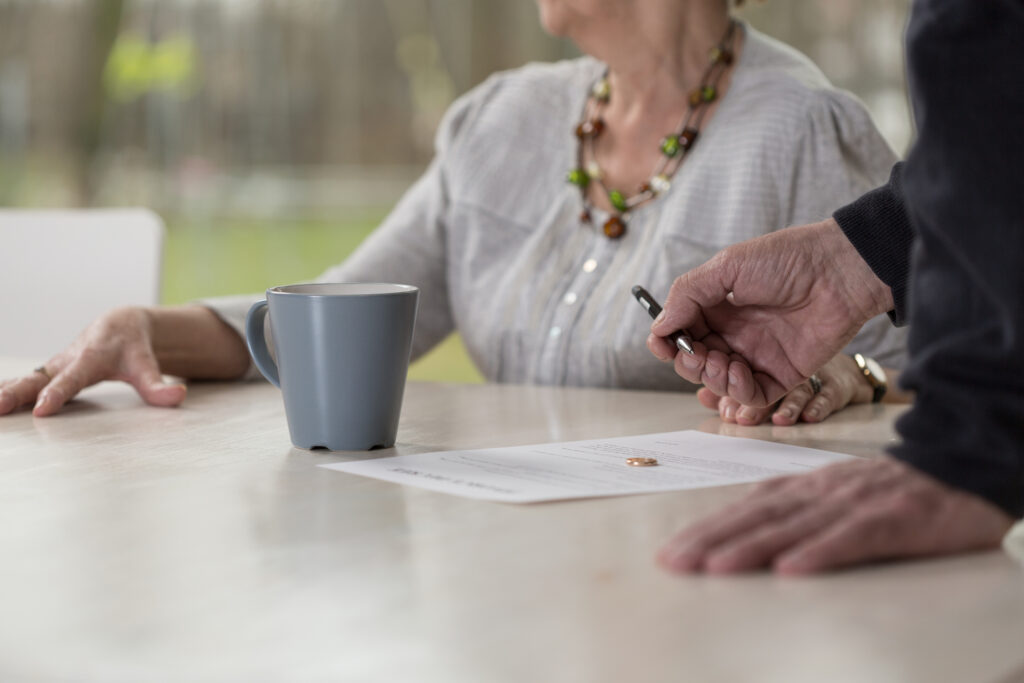
Pensions can frequently be overlooked, or forgotten, in divorce proceedings. However, pensions are often one of the most significant assets within the marriage and are usually of significant value.
During the divorce process, the discussions regarding various assets, property, finances, and any matters regarding children can be complicated and may result in any pensions being overlooked.
Whilst in some cases, it may seem more important to deal with the family home or bank accounts as a matter of priority, pensions must also be considered with priority due to their significant value.
Pensions can often be complex and typically worth thousands, if not hundreds of thousands, of pounds. Pensions should also form part of the financial settlement.
There are a few different ways a pension can be split:
Pension Sharing
This is often the simplest way of dealing with a pension. A pension will be shared between the couple by way of percentage with each party essentially having a pension of their own. The ex-partner will often become a member of the pension owner’s scheme or be transferred to a different pension scheme altogether.
Offsetting
This is where the value of a pension, or its benefits, are offset against other family assets. For instance, agreeing a larger share of the matrimonial home as opposed to a share of the pension.
Pension Attachments
This kind of order is generally less common and allows for payments (some or all) under a pension to be paid to a former spouse as opposed to the pension owner. These payments are usually made upon retirement or death.
When we think about what a pension actually is, it is a form of a future source of income and because of this, they must be dealt with carefully so that future finances are taken into account and that any decision is done so fairly. It is important that you obtain advice as generally the nature of a pension can often be difficult or complex.
It is also very important that any pension held has been correctly ‘nominated’. A nomination is completed by the pension owner to tell the pension provider who should receive the pension in the event of the pension owner’s death. If you do separate or get a divorce, you must update your nomination as a divorce will not automatically revoke this nomination. As such, you should ensure to review this every few years.
Next Steps...
For more information in relation to Divorce or financial matters, please feel free to contact me by calling 01332 364436 or emailing e.facer@timms-law.com.
For further information about pensions on divorce, please visit our webpage here.




